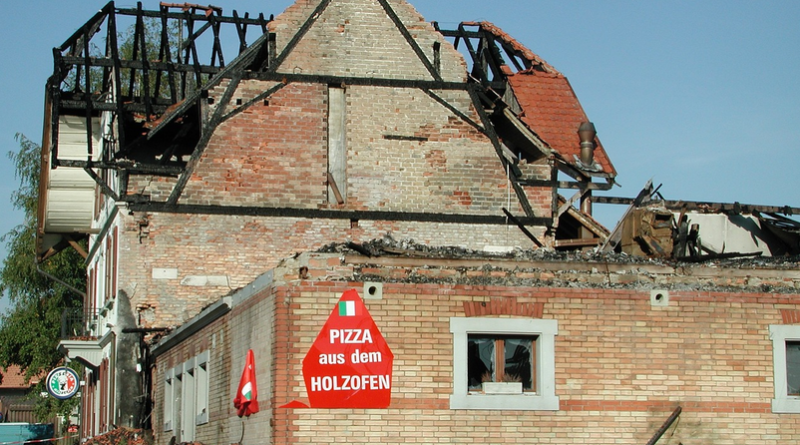The Extended Stay: Exploring Why Fire Damaged Homes Stay Listed for So Long
Today, we’re exploring a fascinating phenomenon that has left many homeowners and potential buyers scratching: why do fire-damaged homes seem to stay listed for an eternity? It’s no secret that fires can cause extensive damage to properties, leaving behind a daunting mess. However, what surprises many is how these once-charged houses linger on the market long after they’ve been repaired and restored. Some homeowners in Alabama said, “I want to sell my fire damaged home but how can I do it?” In this article, we’ll delve into the factors contributing to the extended stays of fire-damaged homes.
Insurance Claims and Renovations
One of the main reasons fire-damaged homes stay on the market for an extended period is the complex nature of insurance claims and subsequent renovations. When a property experiences fire damage, homeowners typically file insurance claims to cover the costs of repairs. However, this process can be time-consuming and often involves multiple parties. Insurance companies require thorough documentation of the damages incurred to assess the claim accurately. This means that homeowners must invest significant time and effort into providing evidence such as photographs, detailed descriptions, and estimates from contractors. Additionally, there may be delays in receiving compensation if disputes arise between homeowners and their insurers regarding coverage or valuation.
Permits and Inspections
Permits and inspections play a crucial role in renovating a fire-damaged home. After the initial insurance claim is filed, homeowners must obtain permits from their local government before commencing any repairs or rebuilding. These permits ensure that the work being done meets safety standards and complies with building codes. The inspection phase is equally important as it ensures all renovations are carried out correctly and up to code. Inspectors will review structural changes, electrical systems, plumbing, and other vital house components to ensure they meet safety regulations. However, obtaining permits and scheduling inspections can be time-consuming processes. The backlog of requests at local permit offices may cause delays in receiving approval for necessary repairs.
Financial Considerations

When it comes to fire-damaged homes, several financial considerations come into play. The cost of repairs and renovations can be significant. Depending on the extent of the damage, homeowners may need to invest a substantial amount of money to restore their property to its pre-fire condition. Insurance coverage also plays a crucial role in determining how long a fire-damaged home stays listed. Insurance claims can take time to process, especially if there are disputes or complications involved. This delay can result in extended periods where the property remains on the market without any progress being made. Additionally, potential buyers may be hesitant to purchase a fire-damaged home due to concerns about hidden costs and ongoing maintenance issues.
Stigmatization and Perception
When it comes to fire-damaged homes, there is often a lingering stigma that can affect the perception of potential buyers. The idea of living in a home that has experienced such a destructive event can be unsettling for many people. There’s the fear that the damage may not have been fully repaired or that hidden issues may arise down the line. People worry about safety hazards and structural integrity, even with extensive renovations. There’s the psychological aspect. Fire represents destruction and loss, which can create negative associations with a property. Potential buyers may struggle to shake off these feelings and envision themselves making new memories in what was once a charred space.
Understanding why fire-damaged homes stay listed for so long involves recognizing the complexities in restoring these properties, both physically and financially. By addressing each issue effectively during the renovation process while maintaining open communication with relevant parties involved in buying or selling transactions, we can reduce listing times for fire-affected houses in our communities. We hope that you have found this blog post helpful.
